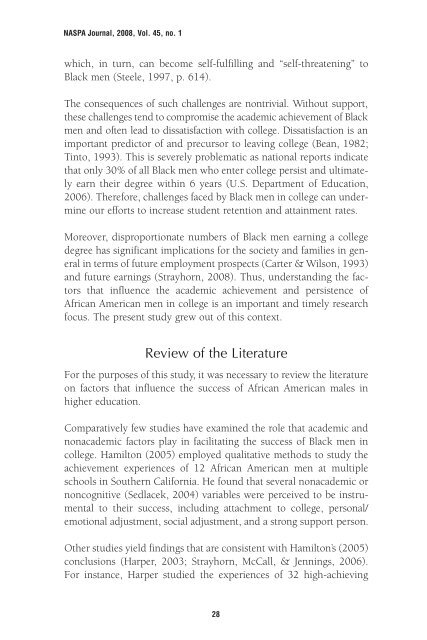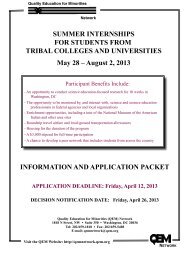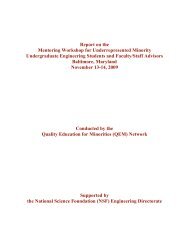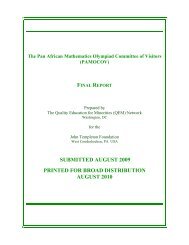and the successful effort to bring more affordable housing and support online through a partnership withMercy Housing.Said Dr. Glenn Motola, CEO, The Arc San Francisco, “The recent award of federal funding fortwo new housing sites in our city is a reflection of the administration’s alignment with our goals: to bringsafe, supported, affordable housing to individuals with intellectual and developmental disabilities so theycan live fully in our community. This partnership leverages the housing development expertise of MercyHousing with our experience in providing the independent living supports our constituents need to besuccessful,” said Motola.After a tour of the East Wing of the White House, advocates from The Arc took part in policybreakout sessions that allowed for more detailed discussions on certain issue areas, like communityliving, family caregiving, education, and Medicaid. The purpose of these briefings was to allow WhiteHouse and administration officials to engage in a dialogue with leaders of The Arc about how governmentpolicies affect the lives of people with I/DD and impact their ability to live full, independent lives. Giventhe Department of Education’s announcement yesterday to allow ten states waivers from some of the NoChild Left Behind law requirements, the education session with Alexa Posny, Assistant Secretary, Officeof Special Education and Rehabilitation Services, was incredibly timely, as were meetings withrepresentatives from the Department of Health and Human Services, Department of Justice,Administration on Aging, and the White House Domestic Policy Council.__________________For over 60 years, The Arc San Francisco has been the premier advocate and service providerfor 550 clients with Down syndrome, autism and other developmental disabilities in San Francisco andSan Mateo counties, advancing self-determination, dignity and quality of life through employment,education, independent living support and housing plus recreation and the arts.The Arc has a network of over 700 chapters across the country promoting and protecting thehuman rights of people with I/DD and actively supporting their full inclusion and participation in thecommunity throughout their lifetimes and without regard to diagnosis.###
NASPA Journal, 2008, Vol. 45, no. 1which, in turn, can become self-fulfilling and “self-threatening” toBlack men (Steele, 1997, p. 614).The consequences of such challenges are nontrivial. Without support,these challenges tend to compromise the academic achievement of Blackmen and often lead to dissatisfaction with college. Dissatisfaction is animportant predictor of and precursor to leaving college (Bean, 1982;Tinto, 1993). This is severely problematic as national reports indicatethat only 30% of all Black men who enter college persist and ultimatelyearn their degree within 6 years (U.S. Department of Education,2006). Therefore, challenges faced by Black men in college can undermineour efforts to increase student retention and attainment rates.Moreover, disproportionate numbers of Black men earning a collegedegree has significant implications for the society and families in generalin terms of future employment prospects (Carter & Wilson, 1993)and future earnings (<strong>Strayhorn</strong>, 2008). Thus, understanding the factorsthat influence the academic achievement and persistence ofAfrican American men in college is an important and timely researchfocus. The present study grew out of this context.Review of the LiteratureFor the purposes of this study, it was necessary to review the literatureon factors that influence the success of African American males inhigher education.Comparatively few studies have examined the role that academic andnonacademic factors play in facilitating the success of Black men incollege. Hamilton (2005) employed qualitative methods to study theachievement experiences of 12 African American men at multipleschools in Southern California. He found that several nonacademic ornoncognitive (Sedlacek, 2004) variables were perceived to be instrumentalto their success, including attachment to college, personal/emotional adjustment, social adjustment, and a strong support person.Other studies yield findings that are consistent with Hamilton’s (2005)conclusions (Harper, 2003; <strong>Strayhorn</strong>, McCall, & Jennings, 2006).For instance, Harper studied the experiences of 32 high-achieving28
- Page 4 and 5: NASPA Journal, 2008, Vol. 45, no. 1
- Page 6 and 7: NASPA Journal, 2008, Vol. 45, no. 1
- Page 8 and 9: NASPA Journal, 2008, Vol. 45, no. 1
- Page 10 and 11: NASPA Journal, 2008, Vol. 45, no. 1
- Page 12 and 13: NASPA Journal, 2008, Vol. 45, no. 1
- Page 14 and 15: NASPA Journal, 2008, Vol. 45, no. 1
- Page 16 and 17: NASPA Journal, 2008, Vol. 45, no. 1
- Page 18 and 19: NASPA Journal, 2008, Vol. 45, no. 1
- Page 20 and 21: NASPA Journal, 2008, Vol. 45, no. 1
- Page 22 and 23: NASPA Journal, 2008, Vol. 45, no. 1
















